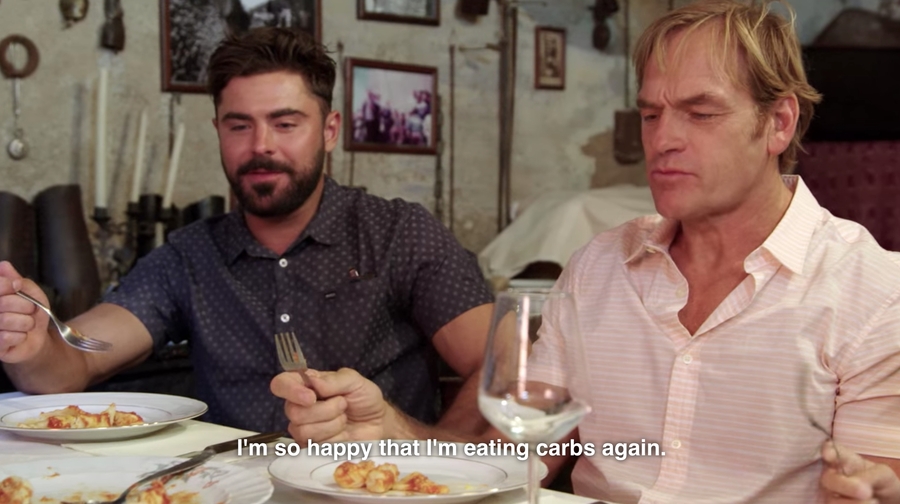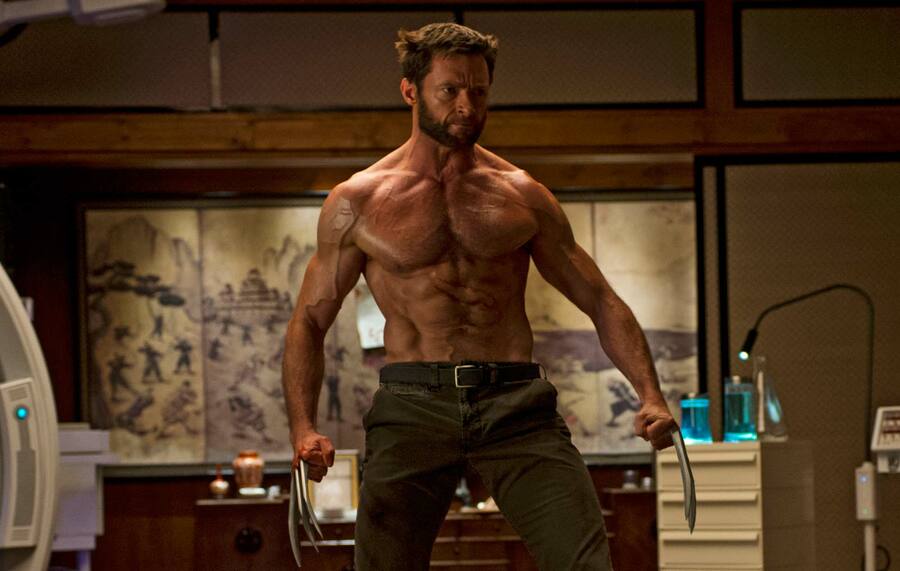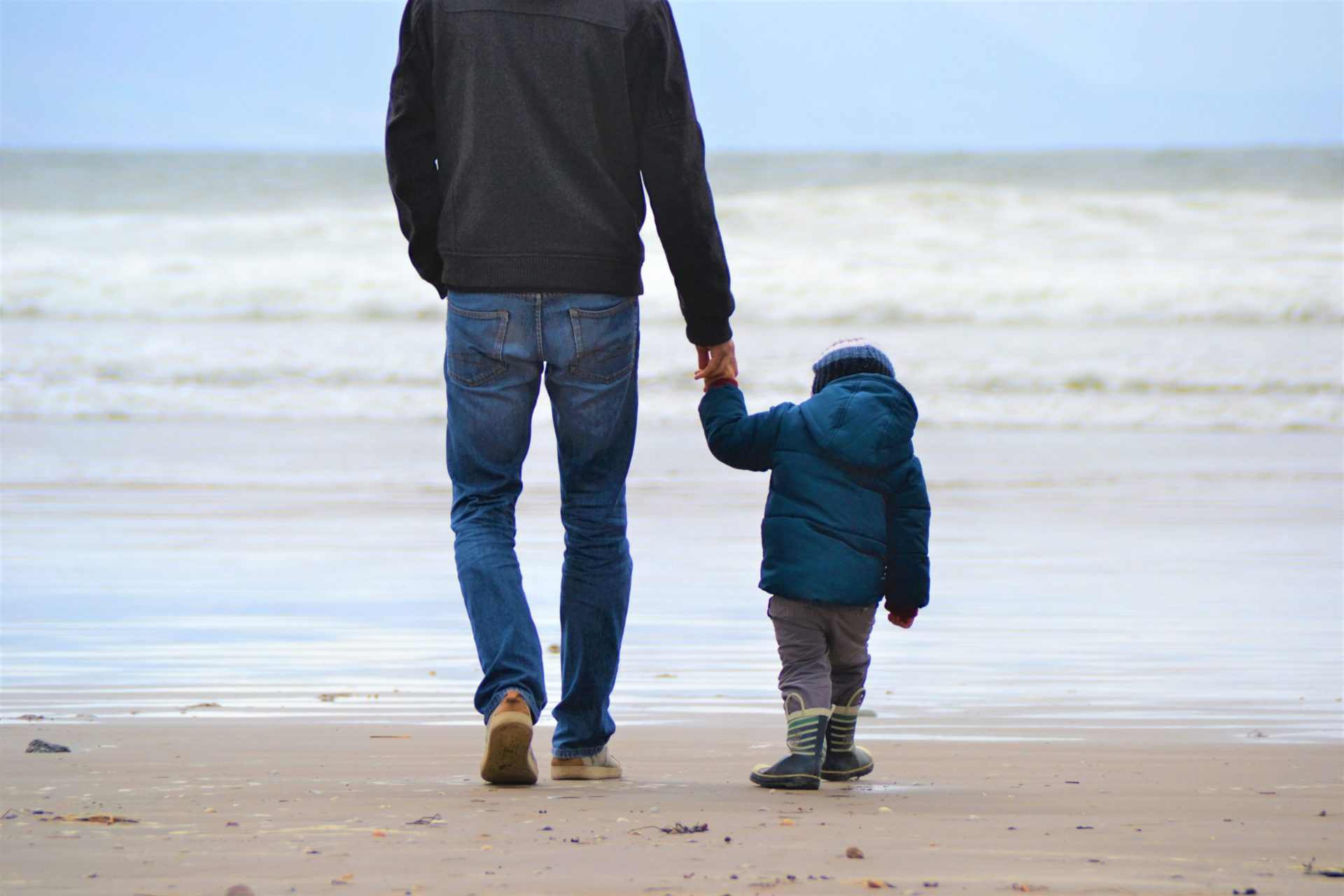A day to celebrate positive masculinity also plays a part in pushing traditional, and frequently toxic, stereotypes about masculinity well to the side.
It’s no surprise that the human race has as much emotional baggage as it does types of pie. Possibly more, if taking into account the yet-to-be-diagnosed, the lack of research, and other outliers. To address even a fraction of these issues, confederations have come up with the idea of ‘International Days’.
International days are occasions to educate the general public on issues of concern, to mobilize political will and resources to address global problems, and to celebrate and reinforce achievements of humanity.
United Nations.org
But instead of taking the time to understand that all the experiences highlighted are valid, some people out there seem to have developed a knee-jerk response, trying out-grieve each other in who has it worse. Cue the “what about ___?!” argument when it comes to issues! And for unsurprising reasons, Valentine’s Day is now ‘balanced’ with Single’s Day, and Women’s Day sparked the creation of Men’s Day.
But look past the apparently petty societal gender comparisons and dig a bit deeper into the real issue of society and its demands on mankind.

International Men’s Day was first indirectly proposed in 1968, when American journalist John P. Harris noted that the Soviet system of the time, priding in communism, had an International Day celebration for their women workers, but showcased a flaw in ideals when an equivalent for their male workers was non-existent.
It wasn’t until 1999, when a university lecturer by the name of Dr Jerome Tuckleesingh decided to revive the proposed celebration properly in the name of positive male role models.
Since then, International Men’s Day has become a day of advocation, highlighting men’s struggles and deconstructing negative gender stereotyping. The intention of this day isn’t to drown out International Women’s Day, but to introduce the concept of positive masculinity, and show support for the men struggling with gender roles and encourage physical and mental health.
The issues
In a 21-long threaded series of tweets that garnered quite a bit of traction on social media, licensed therapist, human rights advocate, and social media user Yassmin (@philyptian) highlights some of the stigmas men face around the world in her advocacy for the special day celebrated this past 19th of November.
From child custody difficulties to higher rates of suicide, undiagnosed anger issues, and poor support systems, Yassmin’s tweets were received with genuine praise and confessions by those who came across her thread.
Much of the issues mentioned traced back to common factors of toxic masculinity, where men are subjected to ridicule and invalidation from patriarchal systems. Struggles relating to mental health, physicality, and vocation are emasculated, creating a cycle of emotional, substance, and systematic abuse.
A very common dismissal identified is the seemingly innocuous phrase ‘man up‘. Men who struggle with issues, sometimes attributed as “women’s problems” such as medical treatment and domestic violence are viewed as not asserting their inherent male dominance enough. The problem has been noted to extend to instances of complete oppression and abuse, where gay and trans men have been fatally targeted due to falling outside the expected norms of male behaviour.
These stereotypes are further perpetuated by mainstream media, who often project the ‘perfect man’ to possess unwaveringly ripped pecs, fantastic hair, and the personality of a capable protector. But while these attributes seem desirable and positive, the hard reality behind these images tell a whole different tale of masculine expectations.
Many might have laughed at the social media posts of buff heartthrob Zac Efron shedding tears at eating some pasta on his Netflix show Down to Earth, but the reasoning behind it was practically heartbreaking. Demanding to keep his Baywatch physique in peak masculine form, he was barred from eating carbs for six weeks. The intensity and control over such a body-focused role swore him off agreeing to such portrayals ever again.

A shirtless scene in a movie or hit serial might be presented as an opportunity for eye candy or swole goals, but according to actors Hugh Jackman and Henry Cavill, who stripped tops for Logan and The Witcher respectively, the behind-the-scenes 30-hour dehydration regime to keep their bodies in camera-perfect aesthetics was downright miserable.

The ‘average’ man
It remains a largely difficult-to-discuss subject that men themselves are a victim of a system that was built to put them the leader and head of everything. Pressure to perform, to conform to an unforgiving standard of perceived masculinity and strength, to adhere to mandatory active duty such as military service, policing, and other demanding jobs or positions of power has trapped men in a vicious cycle of harmful conditioning.
According to this article by The Vibes, sociocultural pressures in Malaysia that identify men as the default head of the household has done more damage than good during the brunt of the pandemic’s economical effects. Financial stability among other things that have been severely derailed has caused a spike in hostile behaviour, with domestic violence and suicide cases skyrocketing.
This year’s International Men’s Day, themed “Better Health for Men and Boys”, continues to raise awareness of the need for men of all ages to be allowed to express themselves and build relationships without fear of being ‘sissy’ or being told to ‘man up’.
FirstClasse.com invited Malaysians to participate and be aware of these issues that plague our society with four features on men who have broken free of such stereotypes, and confronted the toxic masculinity problems in our midst.
Letting boys be boys is good, as long as the continuing and future idea of ‘man’ will allow him to be truthful to his own emotions, to express himself creatively and constructively, and to be among peers that respect him as a person instead of a whole gender expectation.
Should you be needing some help in addressing how toxic masculinity has affected you, check out some mental health resources available in Malaysia here.
"ExpatGo welcomes and encourages comments, input, and divergent opinions. However, we kindly request that you use suitable language in your comments, and refrain from any sort of personal attack, hate speech, or disparaging rhetoric. Comments not in line with this are subject to removal from the site. "



















